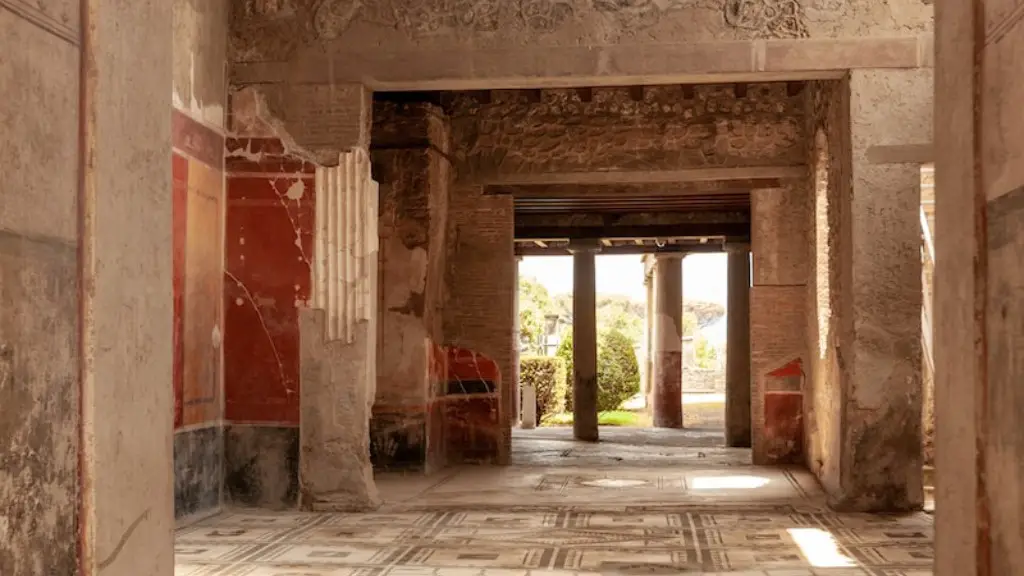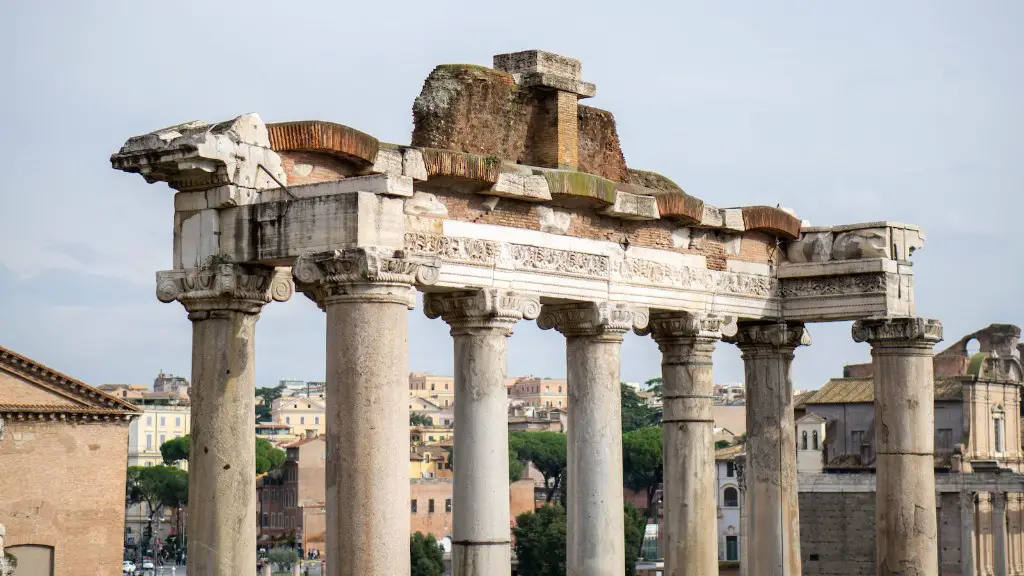Early Speech Writers
Ancient Rome was a society that venerated spoken words. It was believed that great speakers were either favored by the gods or born with special abilities. From the lawmakers to the generals, the ancient Romans prided themselves on the art of giving speeches. Early speeches were written by the renowned authors in Rome, such as Cicero, Plutarch, and Sallust. Their works were studied by the students and lawyers who were full of enthusiasm to learn the art of public speaking. Each of these authors had their own individual style, but they all shared one thing in common; they could engage an audience with their words.
Political Speeches
Political speeches were a way to release one’s patriotism to the public. Roman Senators used them to bring the citizens of Rome closer to the government and further their political agenda. Abiding by their traditions, all speeches began with the term “senatui populoque Romano” (to the Senate and the people of Rome). This gesture conveyed that the speaker was devoted to their country and ready to fight for their beliefs. Theses speeches often focused on Roman politics, wars, religion and business. Julius Caesar implemented his famous “I came, I saw, I conquered” as a way to illustrate to the public how important his conquest was to the nation.
Law Speeches
In Rome, lawyers held a high status. This generated a huge market for legal speeches, as it was believed that speaking well was the foremost important factor in a person’s legal career. To support this idea, the great authors of Rome such as Cicero and Plutarch, wrote a large number of books and essays both on the art of legal oratory and the justice system. Emory University professor Nathan Wedel suggests that Roman lawyers’ speeches incorporated various areas of law, rhetoric, and philosophy. This combination of several disciplines was believed to help convince the listeners of the correctness of the speaker’s argument.
Oration Speeches
Rome was famous for its orators, who were selected to deliver some of the greatest speeches in the world. A good orator was an essential part ofAncient Roman society as they held a lot of respect and power over the people. The most talented orators included Demosthenes, Cicero and Quintilian, who were often asked to deliver orations on formal occasions. Although the orators’ speeches varied in topic, they generally focused on topics related to politics, war and religion. Furthermore, orators often employed the use of rhetorical language and invested a lot of time in preparation for their orations.
Military Speeches
In ancient Rome, military generals also held a high status in society. Generals’ speeches were important, as they appealed to the patriotism of their soldiers and inspired them to fight for their country. The speeches encouraged the soldiers to exhibit their courage, strength, and commitment. Furthermore, these speeches were used as a way to praise their efforts and help foster the loyalty of their soldiers. Generals also used their speeches to emphasize the importance of Roman identity. Most famous among them was the popular “Carthago delenda est”, coined by Cato the Elder. The phrase exemplified how the generals used speeches to encourage their soldiers to achieve greatness for their country.
Religious Speeches
Religion has always been a part of virtually every society, and Rome was no exception. Ancient Rome had its own set of religious ceremonies, which included speeches by priests. These speeches were used to support their religious beliefs and inspire their followers. Additionally, priests used poetry and hymns to celebrate the gods and goddesses. Historian Donald R. Dudley believes that priests would use their oratory skills to captivate the audience and convey their message.
Educational Speeches
Education was an important part of Roman society, and Latin oratory was seen as a vital aspect of that education. The speeches given by Roman teachers, or magistri, aimed at raising the youngsters’ moral values and enhancing the community’s knowledge. In doing so, a number of educational institutes implemented the teaching of public speaking, stressing the importance of Latin oratory. As a result, the magistri used a range of rhetorical techniques such as rhetorical questions, metaphors and paradoxes to increase the effectiveness of their message.
Rhetorical Language
Rhetorical language has been used in speech making for many centuries but it was especially prominent in Ancient Rome. This type of language employs the use of rhetorical questions, metaphors and paradoxes to emphasize the speaker’s message. Furthermore, hand gestures and facial expressions were used to captivate their audience. Historian Anthony Corbeill believes in this type of language was highly valued in Ancient Rome. It was believed that the manipulation of language was effective in persuasion and was thus widely utilized.
Conclusion
Speeches were a significant part of Ancient Roman society. Politicians, lawyers, orators, military generals and priests used them as a way to express their patriotism, beliefs and thoughts to their country. Speeches were used to both educate and inspire the Roman citizens. Along with strategic language, hand gestures and facial expressions were also used to captivate the audience. All these elements were essential to delivering a powerful and influential speech, one that could change the mind of its listener.


